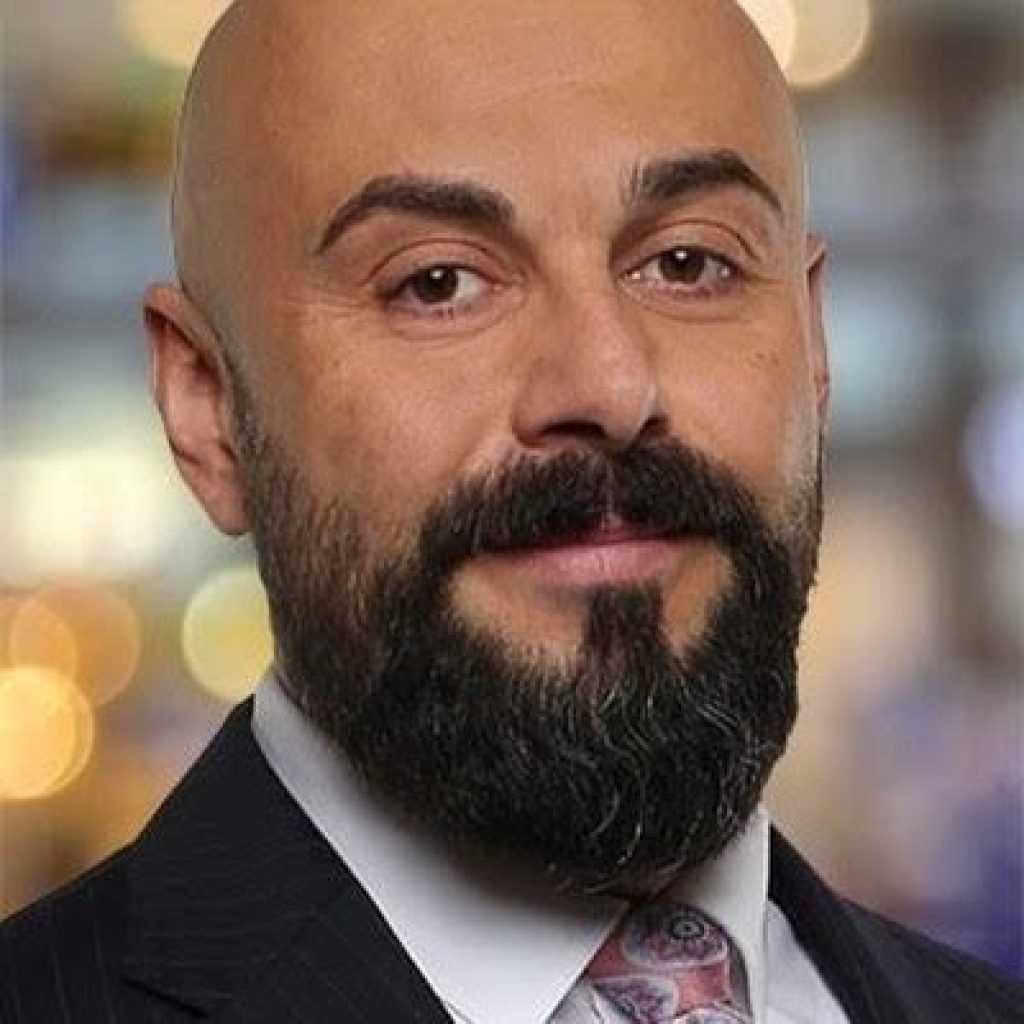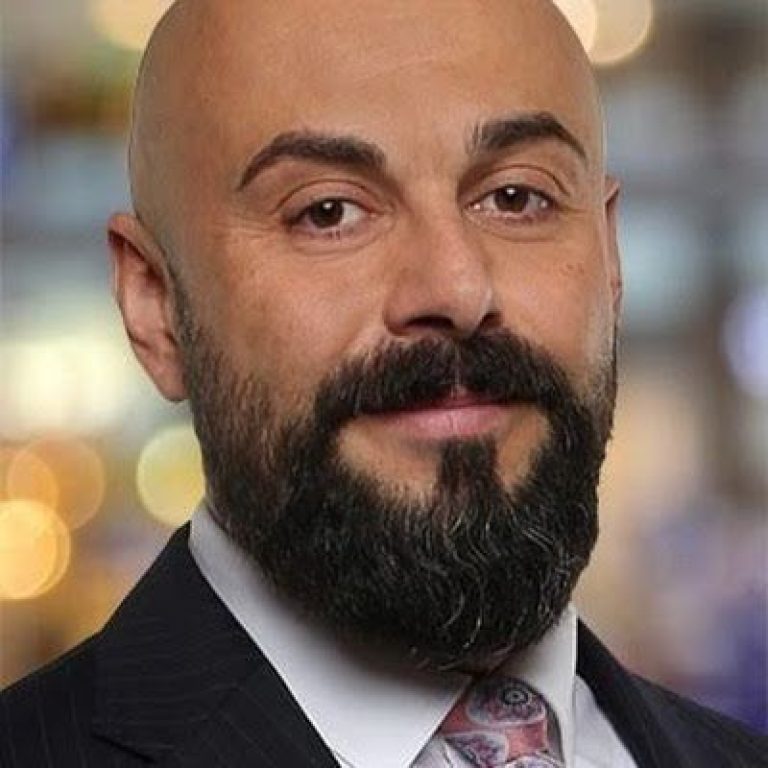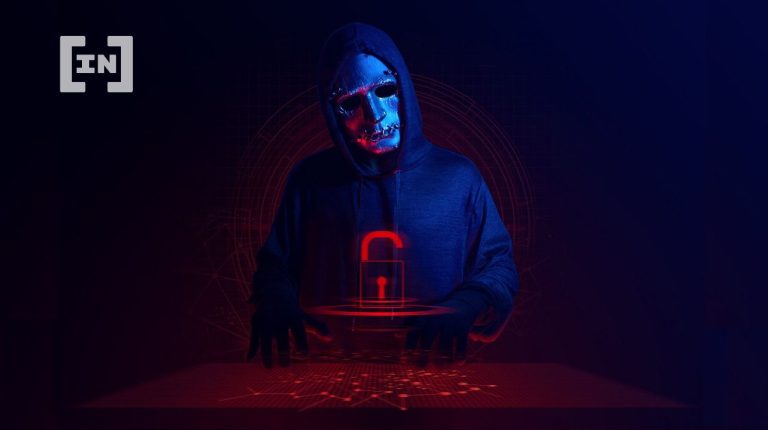The world’s largest crypto exchange has established a new location: Germany. The head of the ever-growing team has been Michael Wild since February 2022. We talked to the former career changer and now Managing Director (MD) about career, crypto and regulation.
What is life like as the MD of the German-speaking offshoot of the world’s largest crypto exchange? How does Michael Wild balance work-life balance? And what does he think of the crypto industry in general? The fascinating story of Michael, MD of Binance Germany and Switzerland, Co-MD of Austria.
Five times as a paratrooper on a mission abroad, survived numerous critical moments and is now the managing director of the most successful crypto exchange. Sounds like a movie? But it is not! In an interview with Michael it quickly becomes clear: this man has a story to tell and it is as follows.
The biography of Michael Wild
After 12 years in the German Armed Forces, the then 30-year-old Michael decided, in the midst of the financial crisis, to start a degree in banking and finance. How did he come to this? One day he was sitting in front of the TV, watching a program Frontal 21 and found the following extremely interesting: the presenter was standing in front of a well-known “after-work bar” and asked bank employees if they were really bankers? The answer: No, we are Hartz IV recipients dressed in a suit. Even the title of the show at that time remained in his head: “The Wheel of Fortune turns again”.
After working at Commerzbank and Schwäbisch Hall, he joined Capco as a consultant and got involved in risk management in London.
“I found the complexity of a bank incredibly fascinating back then. Of course, I questioned a lot. Why do so many people have to sit there to manually process any confirmations and settlements.”
He attracted attention with his performance, so that Credit Suisse knocked on his door and wanted to hire him as a permanent employee. A few months later, as head of project management at the bank, he was responsible for 80 work packages around the world, 500 employees and a budget of 65 million.
At Credit Suisse, he also came into contact with analytics, big data and the blockchain for the first timewhen he moved from risk management to compliance. This was in the midst of the digital transformation. Michael eventually became the program manager of a strategic initiative, where he also had to deal with other issues.
“I can still remember that I had my first experience with a fast burnout. When my wife gave birth to my first daughter, after 15 hours of labor, I had to hold a two-hour STC (meeting) for Credit Suisse with two board members – after a 20-minute powernap. 100 to 110 working hours a week were initially amusing and normal. But not at the end””Michael explains the exhausting time to us.
“After the birth of my first daughter, I wondered if it was really worth working so much. So I decided not to pursue this profession anymore and went to KPMG Germany, where I became the head of RegTech.”
Michael stayed there for three years before he was contacted by a neo broker: he was supposed to open a company in Germany and run it as MD Operations. Less than a year later, he had hired 20 experienced employees, founded a company in Germany and submitted a crypto custody license to BaFin.
The Binance era
By chance, after only 7 months with the Neo broker, he was asked by a friend if he would dare to switch to Binance. He agreed: Binance got in touch with him, and he moved to the largest exchange in the world in 2022. Its mission is to meet all regulatory requirements in order to be able to operate from Germany and to support other German-speaking countries in the establishment / submission of companies and licenses.
A major hurdle in this process was to approach the Banking and Financial Market Supervisory Authority (BaFin) at the beginning. The relationship with the regulator was not the best at the beginning of his activity.
So his first goal was to restore the bridges to BaFin and to show that Binance wants to submit to the regulations in Germany without ifs and buts. To this end, his team, which is to be continuously strengthened this year, is working together with two well-known law firms.
“I want to hire 20 new employees this year. We really want to hire top people here according to their qualifications and experience, who will help Binance to achieve the best results in the German-speaking world.”
He sees the fact that Binance has chosen Frankfurt as its location as a great advantage in connection with regulatory issues. ”For the time being, we have to do our regulatory homework before we really get down to business,” Michael tells us. In order for Binance to be optimally prepared for the future, its team intends to meet national and European requirements:
“Binance wants to meet all regulatory requirements in Germany and submit the application for a license to BaFin. We want and will 100 percent comply with the German regulations and the ideas of the Bundesbank and BaFin. This is a clear goal.”
What brought us to this crypto crash?
How does a market work? What’s behind it? How can a product go up exponentially? According to Michael, every investor should ask himself these questions before investing in a product. He even goes much further and draws parallels to the financial crisis of 2008. If investors had asked themselves these questions at that time, it would probably never have happened. Obviously, he is also alluding to the Terra Luna crash here.
A thorn in his eye is also the FOMO known in the crypto space, the Fear of missing out.
“What many are doing is: Bitcoin has risen from 25,000 to 27,000 today – logical conclusion: it has to go up to 30,000 tomorrow. That’s not how the world works!”
The second important point is, we had another price driver for cryptocurrencies due to Corona, as people had enough liquidity available. But also in the venture capital area, money was thrown around too easily. “If you had a reasonably solid PowerPoint about a crypto or blockchain product at the pitch, you got 15 million euros thrown at your feet just like that,” he says. Retail customers as well as professional investors must feel guilty about this.
There was too much unsustainably invested money in the market.
“Everyone believed in the next Unicorn (company with over 1 billion valuation) without really looking behind the scenes. Very few have done their due diligence. Make it big and sell it big.”
Due to the enormous uncertainty that currently prevails in the markets and also because many investors have taken profits, crypto has crashed as a logical consequence.
How can crypto grow in the long term?
“To be honest – the best measure would be to change and question our entire school system. Does it make more sense for a boy like me to learn crochet or something about the blockchain? Some of the things that are still taught at school are incredible.”
That’s it?
No, according to Michael, we must above all expand the ecosystem, which means something like: We need real use cases for the blockchain. “When the loan for the car purchase is processed via the blockchain and you pay significantly less as a result. This is a usecase!”
Regulation is also a factor that should not be underestimated. Because: Companies need a certain set of rules by which they move and in which the rules of the game are the same for everyone.
One thing Michael would like to give to everyone at the end:
“I was at that point of near-burnout. I fell asleep in the car twice and was lucky that the car had a sensor and stopped itself. Therefore, I advise everyone: do not stress yourself too much. Not all e-mails have to be answered on the same day and when you are at home, you can turn off your mobile phone and spend time with your family.”
Disclaimer
All information contained on our website is researched to the best of our knowledge and belief. The journalistic articles are for general information purposes only. Any action taken by the reader on the basis of the information found on our website is done exclusively at his own risk.





